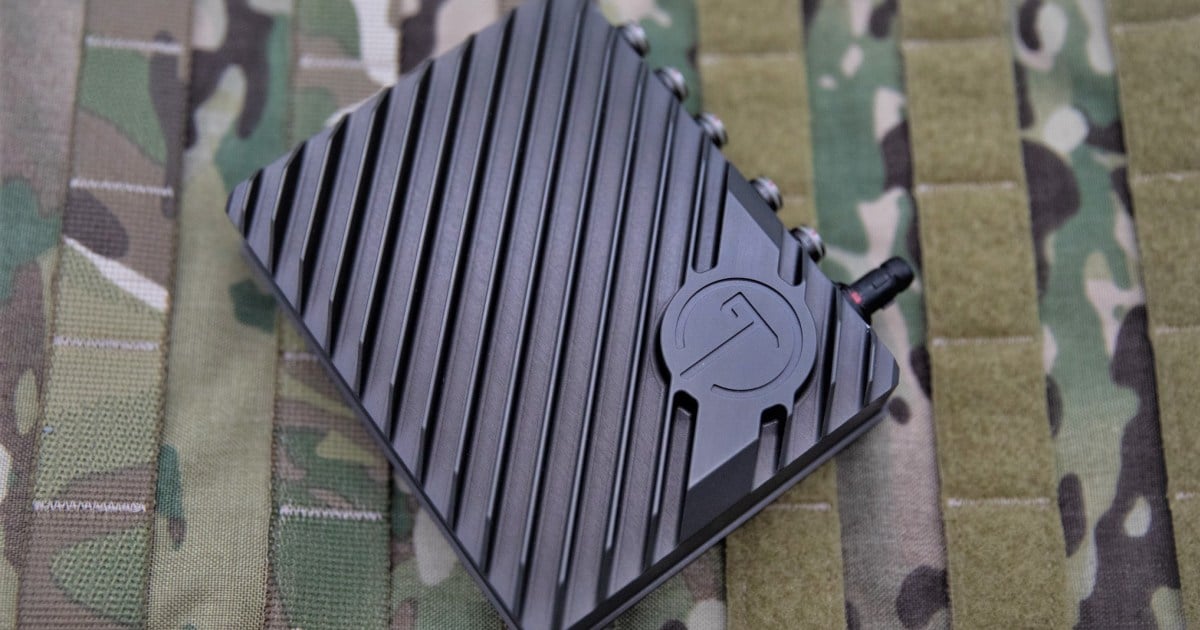TMC CEO Rich Tehrani recently wrote a blog post about how Fog Computing is transforming the IoT industry, and I don’t disagree. However, I think the Fog space is only one part of the larger distributed computing trend, being pushed into the forefront thanks to executions from Dell, GE and Cisco, in addition to blockchain work in fintech and security circles.
Rich’s point is well-taken that the Fog Computing marketplace is growing in leaps and bounds, but it is also wise to look at the big picture and see that the IoT is rapidly showing itself to be a distributed computing industry, and all sorts of enablement technologies will follow Fog’s lead and find themselves major players in IoT in the near future, I think.
Rich writes:
“Name a market worth $18 billion in a few years with a 500% growth rate that almost no one knows about. If you guessed Fog Computing then well, that's because my readers tend to be above-average in their tech knowledge.
For those of you who are new, here is a refresher on what the term represents. It is basically the idea of edge-computing as it relates to IoT devices. Sensors are generating north of 2 exabytes of data and it cannot all be sent to the cloud.
In a similar manner to client-server, there is a partnership between cloud and local devices which allows them both to play to their strengths. In other words, devices at the fog layer can do things like data element analysis and transformation.
Said another way, fog is a system-level horizontal architecture that distributes computing, storage and networking closer to users, and anywhere along the cloud to things continuum.
Defining characteristics of the Fog are: low latency and location awareness; wide-spread geographical distribution; mobility; very large number of nodes, predominant role of wireless access, strong presence of streaming and real time applications, heterogeneity.
Here are some details about the market:
- Key transitions fueling the growth include investments in energy infrastructure modernization, demographic shifts and regulatory mandates in transportation and healthcare.
- Hardware will have the largest percentage of overall fog revenue (51.6%), followed by fog applications (19.9%) and then services (15.7%). By 2022, spend will shift to apps and services, as fog functionality is incorporated into existing hardware.
- Cloud spend is expected to increase 147% to $6.4 billion by 2022."
For the rest of Rich's blog, click here.
Ken Briodagh is a writer and editor with more than a decade of experience under his belt. He is in love with technology and if he had his druthers would beta test everything from shoe phones to flying cars.Edited by
Ken Briodagh





